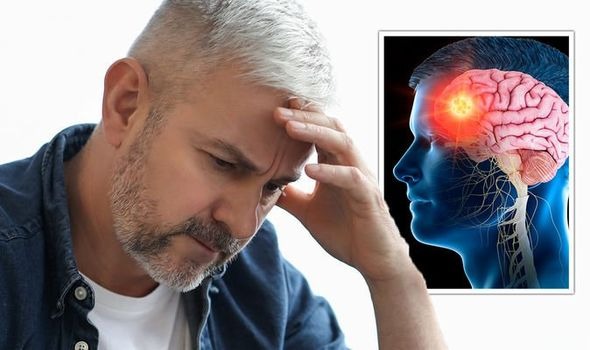
The news of the death of Nepal's Vivek Pangeni (Social Media Sensation Bibek Pangeni) is all over social media at this time. He was battling brain cancer, due to which he died yesterday. He was a well-known content creator, who often made videos on social media with his wife. Everyone is sad since the news of his death came out. Vivek lost the battle of life to brain cancer. This is a dangerous disease, which often has serious consequences. Vivek was in the third stage of Glioma, due to which he died. In such a situation, today in this article we will tell you what is Glioma, its symptoms and how to prevent it-
What is glioma?
According to the Cleveland Clinic, a glioma is a tumor that forms when glial cells grow out of control. Normally, these cells support nerves and help your central nervous system function. Gliomas usually grow in the brain, but they can also form in the spinal cord.
They are malignant and cancerous, but some can be very slow growing. They are primarily brain tumors, which means they form in brain tissue. Gliomas usually do not spread outside the brain or spinal cord , but can be life-threatening to the affected person.
Symptoms of Glioma
- Headache
- having a seizure
- Dizziness
- stool and vomiting
- changes in personality or behavior
- Problems speaking and talking
- Trouble seeing or vision loss
- trouble thinking, learning, or remembering
- Difficulty walking or keeping your balance.
- Hemiparesis (weakness or numbness on one side of the body)
Who is at risk for glioma?
Anyone can develop a glioma, but the following factors may increase your risk:
- Age: Gliomas are most common in the elderly (over 65 years of age) and children (under 12 years of age).
- Family history: Certain genetic disorders or family history may also increase your risk of glioma.
- Gender: Gliomas are slightly more common in men than women.
- Ethnicity: White people may be more likely to develop gliomas than others.
- Exposure to radiation or toxins: Repeated or long-term exposure to radiation or other chemicals can increase your risk.
Is glioma curable?
Yes, it is treatable. However, it is important to detect it at the right time. Also, the treatment for glioma depends on many factors, including the following:
- If you have previously undergone treatment for brain cancer.
- The location, type, and size of the tumor.
- your age
- your health
--Advertisement--

 Share
Share



